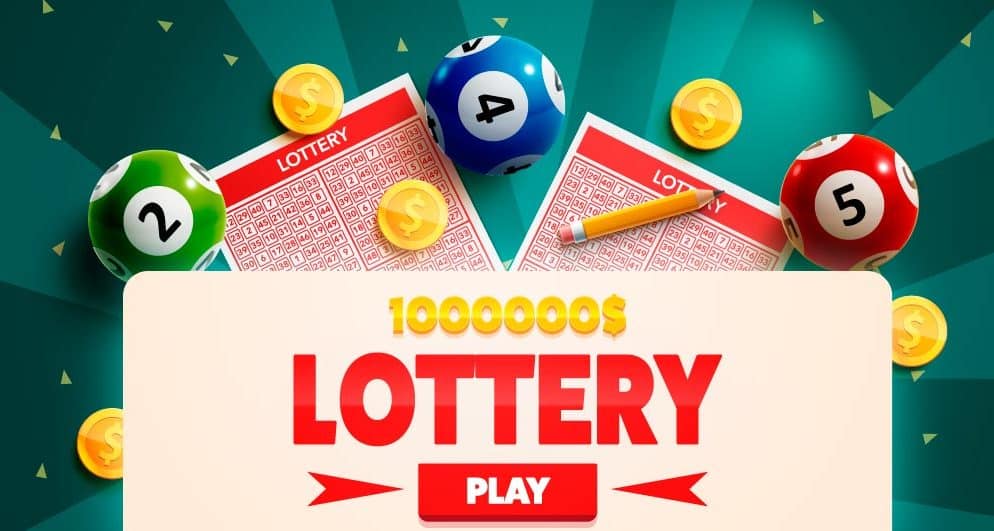
Unveiling the Enigmatic Appeal of Lottery Games: A Deeper Look into Chance, Hope, and Society
In the colorful tapestry of human experience, few threads weave together chance and hope as intricately as the allure of lottery games. From the bustling streets of New York City to the serene landscapes of rural Japan, the prospect of winning a life-altering jackpot beckons millions to test their luck against the whims of fate. But beyond the glittering lights and instant riches, messipoker games serve as a fascinating lens through which to explore the complex interplay of psychology, economics, and societal dynamics.
At its core, the lottery embodies the essence of randomness, offering participants a tantalizing shot at defying statistical odds and transcending socioeconomic barriers in a single stroke of luck. The thrill of anticipation, heightened by the adrenaline rush of purchasing a ticket, forms the foundation of a multi-billion-dollar industry that spans continents and cultures.
However, beneath the surface of this seemingly simple game of chance lies a rich tapestry of human behavior and societal phenomena. The lottery serves as a mirror reflecting our innate desires for prosperity, security, and social mobility. For many, the dream of winning represents a beacon of hope amidst the uncertainty of everyday life—a chance to break free from financial constraints, pursue lifelong aspirations, or provide a better future for loved ones.
Yet, the lottery’s appeal extends far beyond individual aspirations, resonating deeply within the collective psyche of communities and nations. In societies marked by stark inequalities, the promise of a lottery jackpot symbolizes a rare opportunity for upward mobility, transcending barriers of class and circumstance. This egalitarian ethos is perhaps most evident in national lotteries, where citizens from all walks of life unite in pursuit of a common dream, if only for a fleeting moment.
Moreover, the ubiquity of lottery games underscores their role as a powerful force shaping economic behavior and public policy. From government-sponsored initiatives aimed at funding education and social welfare programs to the proliferation of private lotteries fueling consumer spending, the economic implications of the lottery industry are far-reaching and multifaceted. Critics argue that reliance on lottery revenues perpetuates a regressive taxation system, disproportionately burdening low-income individuals while offering false promises of prosperity.
Yet, despite ongoing debates surrounding its societal impact, the lottery remains an enduring fixture of modern life, captivating imaginations and sparking fervent discussions on luck, fortune, and the nature of success. In a world characterized by uncertainty and volatility, the lottery stands as a testament to humanity’s enduring faith in the possibility of transformation—a glimmer of hope amidst the chaos of existence.